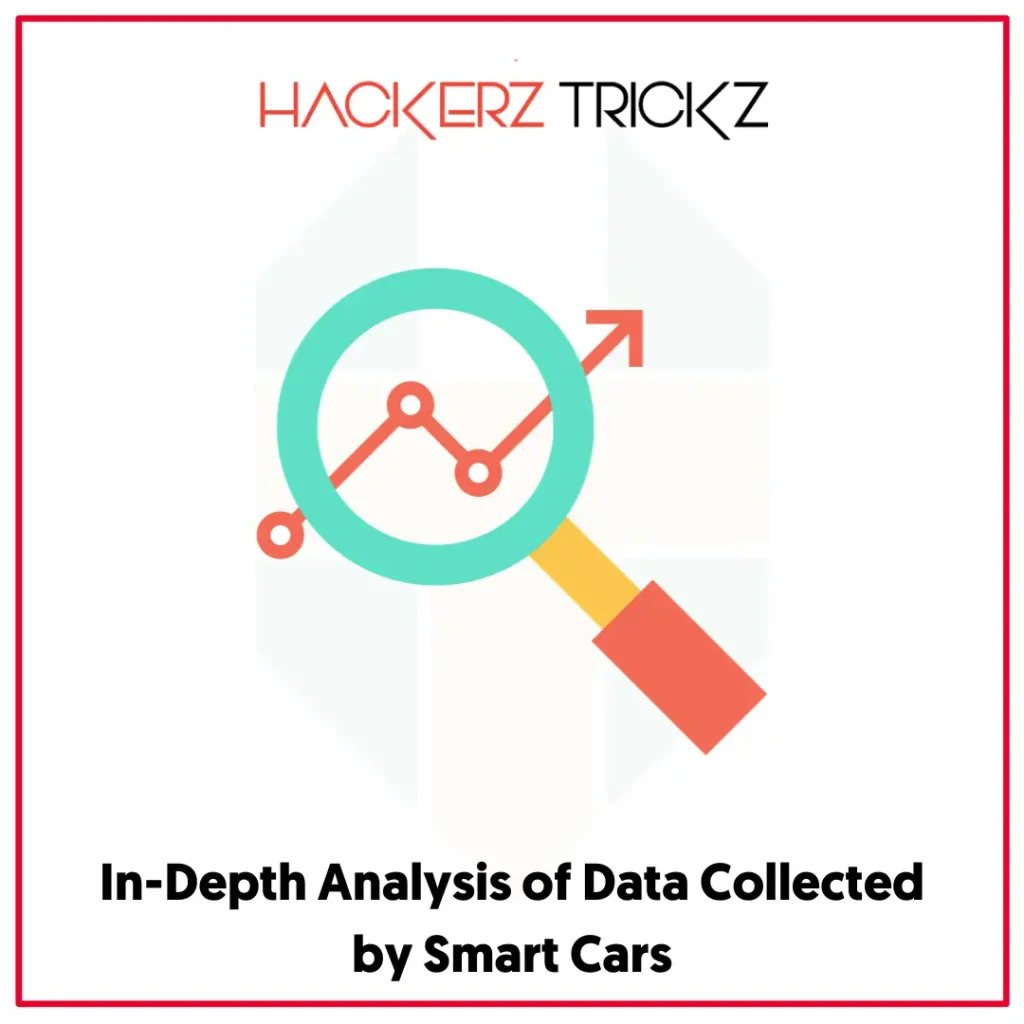
Hello friends, today I’m going to share with you how to Navigating Privacy Concerns in the Age of Smart Cars.
The emergence of smart cars has marked a transformative era in the automotive industry, blending digital innovations with vehicular transport.
While this fusion offers enhanced driving experiences and heightened safety measures, it brings many privacy concerns.
Smart cars, equipped with sophisticated connectivity and data-processing capabilities, are not just vehicles but data hubs on wheels, continuously collecting, processing, and transmitting an extensive array of personal information.
This development raises questions regarding user privacy, data security, and the ethical handling of such sensitive information.
Also Read – Free Vimeo Username and Passwords: Advanced Plan Loaded
Contents
In-Depth Analysis of Data Collected by Smart Cars

Smart cars are data powerhouses, gathering a wide array of information types. This includes location tracking, detailed driver behavior analytics, vehicle usage patterns, biometric data, and personal preferences in entertainment and comfort settings.
This data is crucial in powering features such as GPS navigation, autonomous driving functionalities, and personalized in-car services.
Research on smart cars provides an intimate glimpse into an individual’s lifestyle, preferences, and routines, making it a goldmine of personal information.
Also Read – Working Fox Now Free Accounts with Lifetime Subscription
Comprehensive Overview of Potential Privacy Risks

Cybersecurity Threats
The interconnected nature of smart cars opens them up to cybersecurity vulnerabilities.
Hackers gaining unauthorized access to this data pose a significant threat, with potential ramifications ranging from privacy breaches to endangering physical safety by manipulating vehicle controls.
Data Misuse and Exploitation
There is an inherent risk of the collected data being exploited for purposes other than its original intent.
This could manifest in targeted advertising based on personal data or more invasive surveillance methods.
Third-Party Data Sharing
The practice of sharing or selling information to third parties, such as insurance firms, marketing agencies, or law enforcement, is a significant privacy concern.
Often, this occurs without the explicit consent or knowledge of the user, leading to a breach of trust and privacy.
Also Read – Free Red Dead Redemption 2 Modded Accounts: With Money
Detailed Examination of the Legal and Regulatory Framework

The legislative landscape that governs the privacy aspects of smart cars is in flux and development. In regions like Europe, stringent data protection laws like GDPR offer users a degree of control and security.
However, globally, the legislative coverage could be more balanced, with many areas needing more specific laws addressing the unique challenges posed by smart car data, leading to inconsistencies and loopholes in user protection.
Ethical Implications and Considerations
The ethical dimension of data collection in smart cars goes beyond mere privacy concerns. It encompasses broader issues such as informed consent, ownership of data, and the delicate balance between leveraging collective benefits (like enhanced traffic safety and efficiency) against individual privacy rights.
Technological Innovations for Enhancing Privacy
Advancements in technology provide several avenues to address these privacy concerns. Employing robust encryption techniques, anonymizing collected data, secure data storage methods, and comprehensive cybersecurity measures are crucial. Developing standardized protocols for responsible data sharing can also significantly reduce privacy risks.
Responsibilities of Manufacturers and Software Developers
Manufacturers and software developers are at the forefront of ensuring privacy in smart cars. Their responsibilities include integrating privacy-by-design principles from the initial stages of development, maintaining transparent data-handling practices, and empowering users with control and choice over their data.
Consumer Awareness and Proactive Measures
It is imperative for consumers to be vigilant and informed about the privacy implications of using smart cars. This includes a thorough understanding of terms of service agreements, actively managing privacy settings, and keeping abreast of the latest developments in data security.
Future Trends and Predictive Analysis
The future trajectory of smart car technology and its interplay with privacy is poised to grow in complexity. Emerging technologies like fully autonomous vehicles and expanded V2X (vehicle-to-everything) communication capabilities will introduce novel privacy challenges and necessitate adaptive strategies.
Also Read – Working Free Fall Guys Accounts: All Fame Pass and Max Level
Ending the Article
Integrating cutting-edge technology in smart cars offers significant benefits but poses grave privacy concerns concurrently.
Addressing these challenges requires a multifaceted strategy encompassing stringent legal frameworks, ethical considerations, advanced technological protections, responsible conduct by manufacturers, and an informed and proactive consumer base.
As this technology evolves, maintaining an ongoing and adaptive dialogue will be crucial to safeguarding privacy in the burgeoning era of smart cars.
